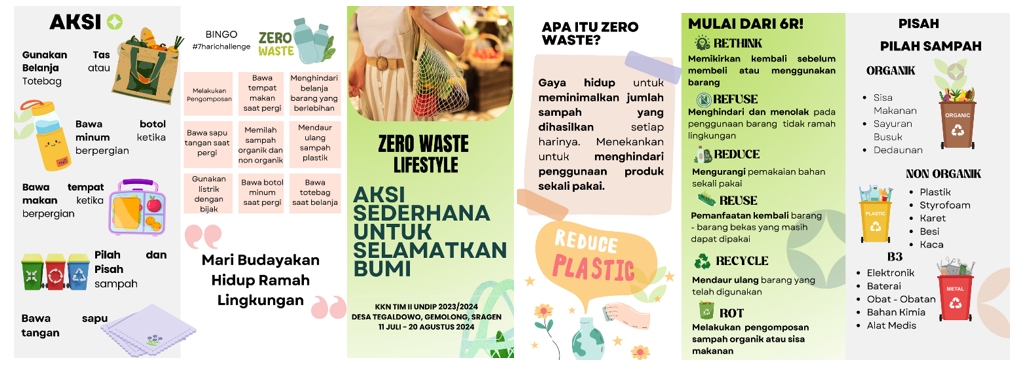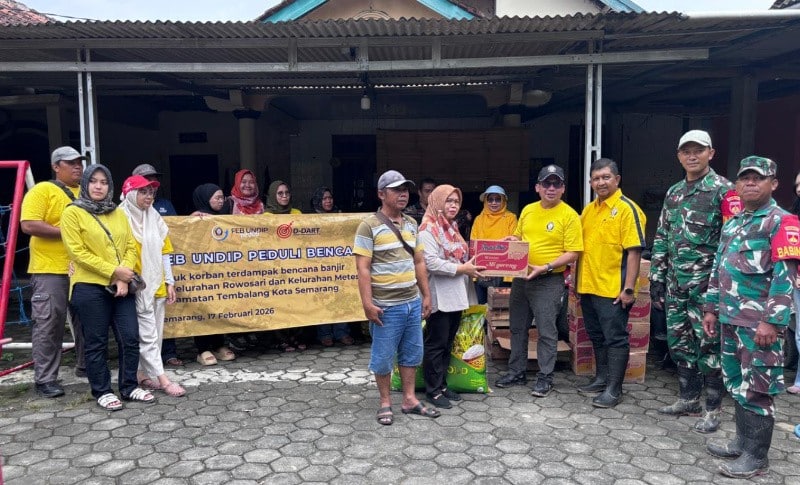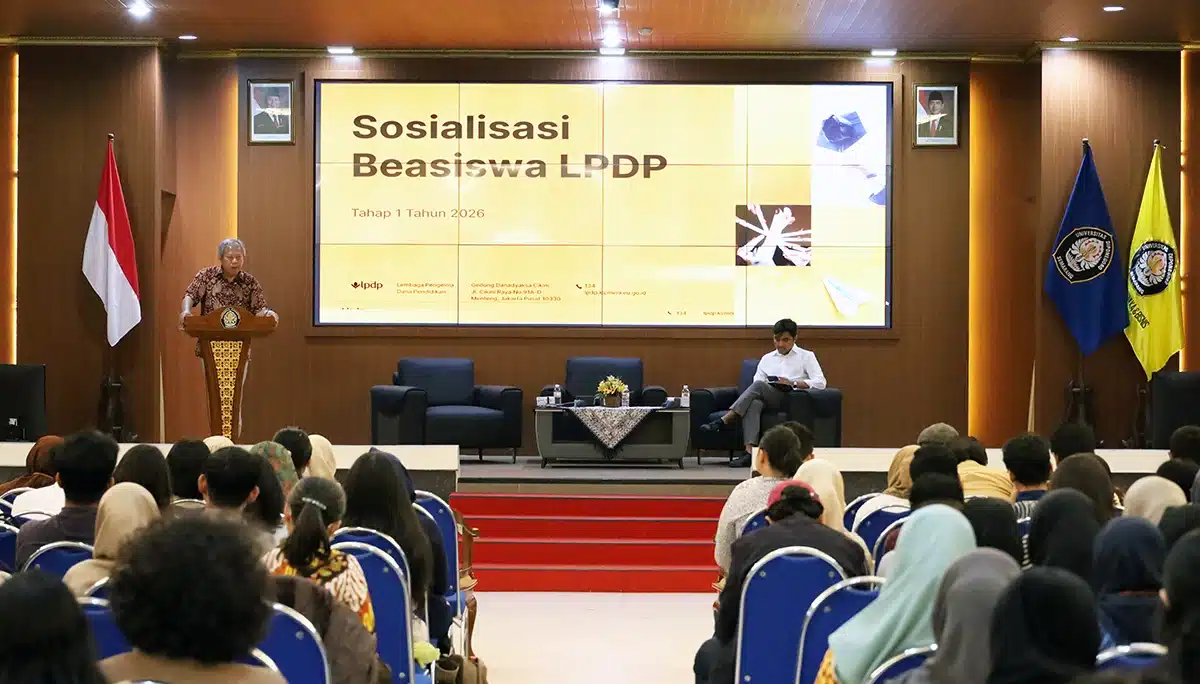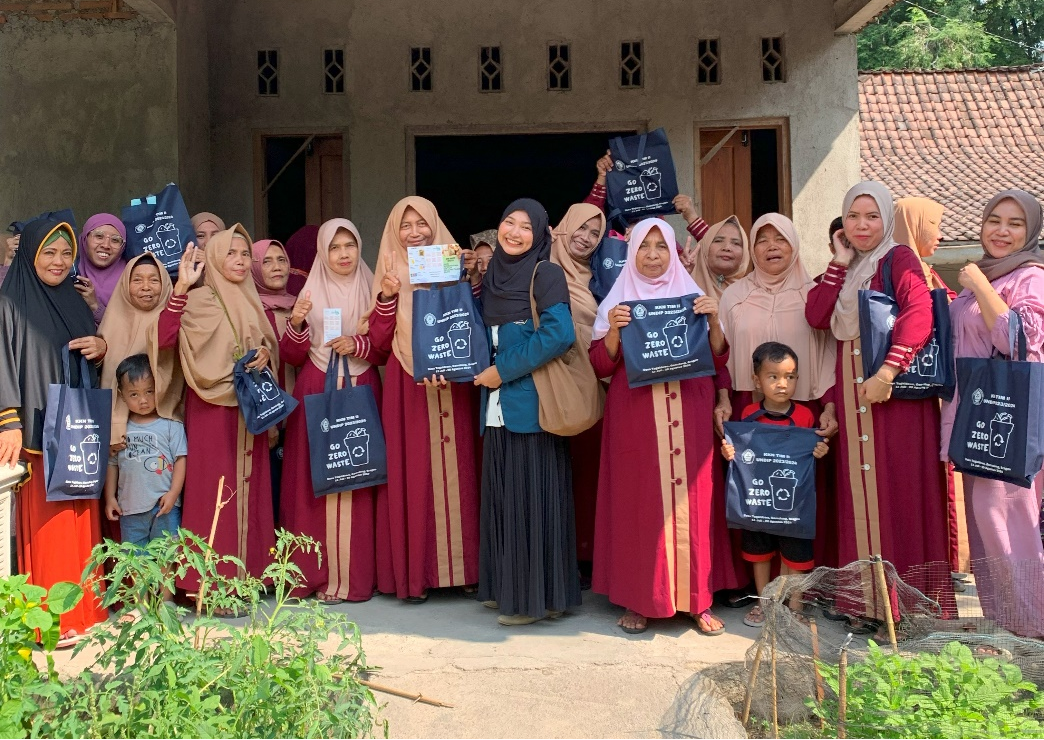Waste is one of the global environmental issues whose existence is of great concern as time progresses. The World Bank report “What a Waste 2.0” estimates that global waste will increase by 70% by 2050, reaching 3.40 billion tons of waste per year. Due to its high usage, plastic has become the type of waste that draws attention from all parties. Still, its difficult-to-decompose and hard-to-destroy properties impact all sectors of life, especially the environment and health.
According to data from the Ministry of Environment and Forestry, in 2023, plastic waste in Indonesia reached approximately 17.4 million tons annually, with 11.6 million tons being correctly managed and 5.8 million tons still needing to be handled. The amount of waste indicates that plastic waste management in Indonesia is still ineffective, requiring comprehensive efforts and cooperation from all actors.
The Zero Waste Lifestyle program is one way to address the increasingly escalating waste problem. This program was initiated by Refika Nur Sifa Aulia, a community service (Kuliah Kerja Nyata / KKN) student from the Public Administration Department at Diponegoro University. It aims to cultivate public habits or lifestyles that reduce the use of single-use waste. This program was implemented based on surveys and observations in Tegaldowo Village, where there were problems managing single-use waste.
The rise of the waste problem was evident from the people in Tegaldowo Village’s low awareness of reducing the use of single-use waste, as shown by the large amounts of unprocessed plastic waste in the village. Based on this issue, the zero-waste lifestyle program is a small step towards shaping public habits in reducing single-use waste.
The Zero Waste Lifestyle program was held on July 27, 2024, targeting MSME actors and housewives in Tegaldowo Village. These groups were chosen because they are considered to have a significant role in reducing single-use waste on a small scale, particularly in daily consumption, both at the household level and in the distribution and production of daily needs.
This program was conducted through education and guidance, starting with raising public awareness about the short- and long-term impacts of using single-use waste and the waste problem in Indonesia. Leaflets were one of the media used to support the success of the Zero Waste Lifestyle program in Tegaldowo Village. The leaflets included explanations and several types of zero-waste lifestyle activities, along with information on how to process and sort waste at the source. The leaflets can increase the understanding and awareness of Tegaldowo residents while promoting environmentally friendly living habits. The leaflets also contained a bingo challenge encouraging people to practice the zero waste lifestyle for seven days through simple daily actions, such as bringing a shopping bag, water bottle, and food container and participating in waste separation activities. The changing lifestyle was also a form of guidance in the program through the habit of small, simple actions.
Additionally, this guidance was supported by distributing tote bags for shopping as part of raising awareness among the Tegaldowo community, especially the target groups, to adopt a lifestyle of reducing single-use waste in their daily consumption.
The Zero Waste Lifestyle program is expected to increase public awareness of the importance of reducing single-use waste. Furthermore, it is hoped that the people of Tegaldowo Village will remain committed to implementing an environmentally friendly lifestyle and become role models for other villages. This program is a form of practical collaboration between students, the village government, and residents, aiming to create a cleaner and healthier environment.
This program proves that significant changes can start from small steps with consistent awareness and action. Zero waste lifestyle is no longer just a dream but a reality that can be achieved together. (Refika NSA)










